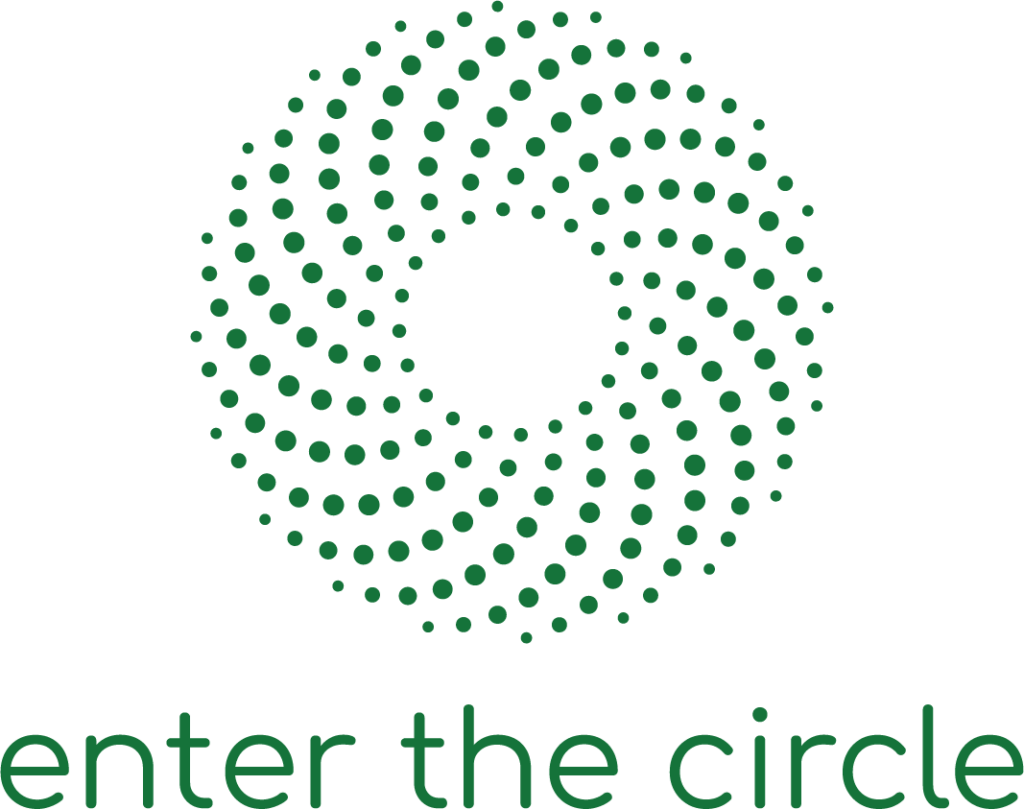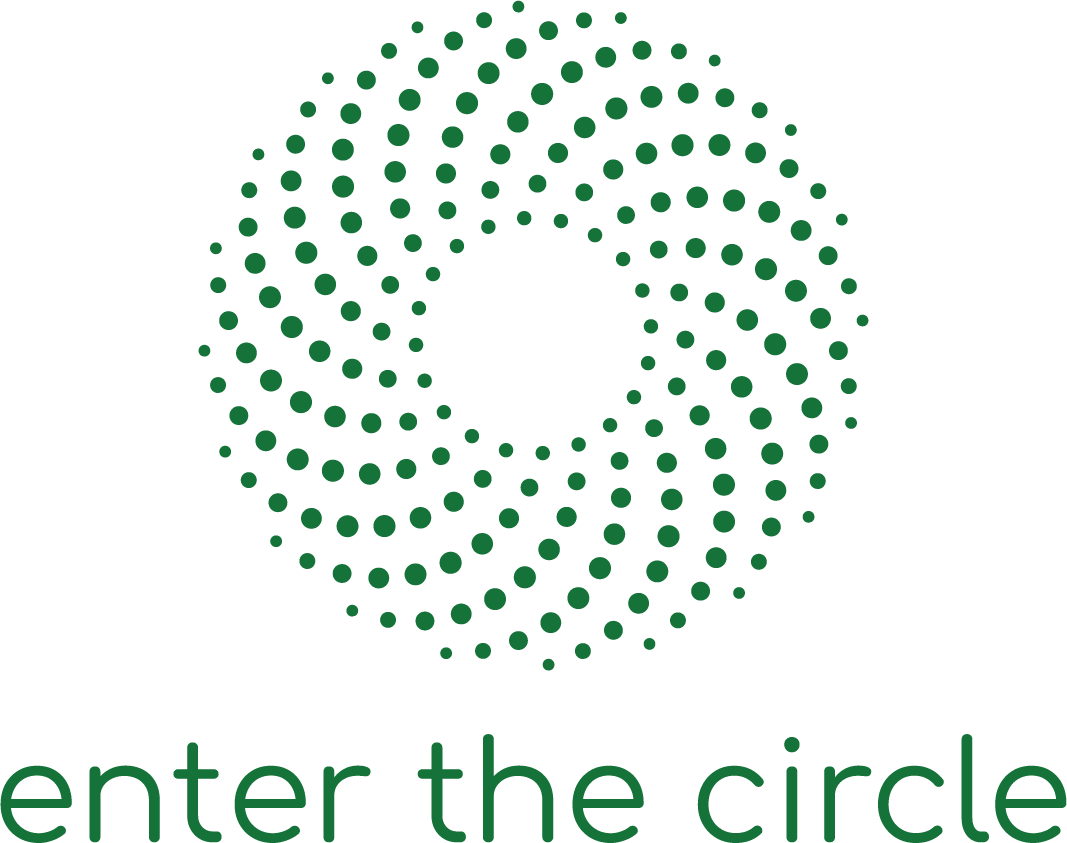The Circular Economy for Young Entrepreneurs project, funded by the European Commission, recently conducted a successful pilot training in Cyprus. This initiative, part of the project “Enter the Circle” (Project Ref: 2022-1-DK01-KA220-YOU-000089260), aimed to equip young professionals with the knowledge and practical skills needed to implement circular economy principles in their careers.
The pilot training comprised two intensive five-hour sessions held on May 16 and May 23. Seventeen participants, predominantly aged 26-30, attended the sessions, which were led by a team of four expert mentors: Thomas Chalatsis (social business expert), Maria Gkountopoulou (EU project manager), Paraskevi Zygoura (marketing expert), and Maria Mavridou (cybersecurity expert).
The training was structured to provide a blend of theoretical knowledge and practical application. This approach ensured that participants not only understood the concepts of the circular economy but also learned how to apply these principles in real-world scenarios.
Session 1: Introduction to Circular Economy
The first session on May 16 began with a welcome and registration phase, followed by an introduction to the project. The focus was on the foundational principles and strategies of the circular economy. Key activities included:
- Lecture on Circular Economy Principles: Maria Gkountopoulou introduced the participants to the basic principles and strategies of the circular economy.
- Simulation of Circular Resource Flow: This activity, moderated by Dora Makri, helped participants understand how resources flow within a circular economy.
- Representation of Product Life Cycles: Led by Thomas Chalatsis, this practical exercise illustrated how products can be designed and managed within a circular framework.
Participants engaged actively in these activities, working in teams to explore and simulate different aspects of circular resource management.
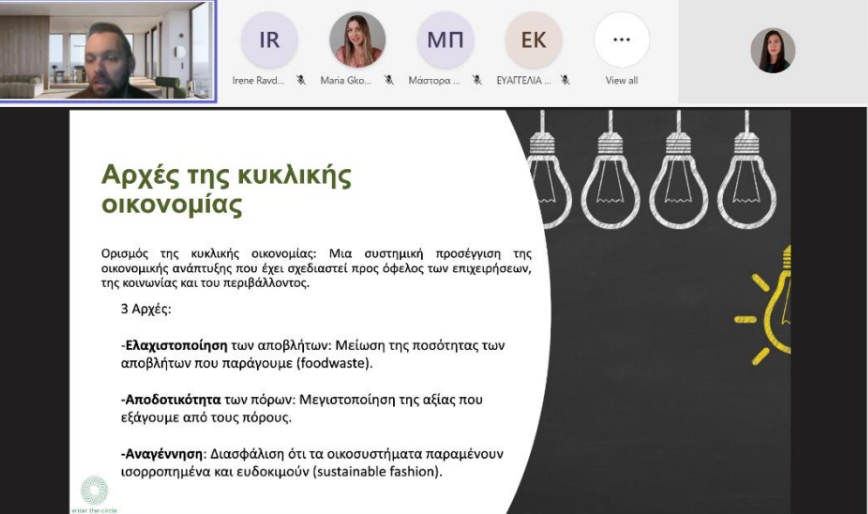
Session 2: Advanced Topics and Practical Application
The second session, held on May 23, delved into more advanced topics such as digitization and the use of digital tools for circular business models. The agenda included:
- Lecture on Digitization and Data Management: Maria Mavridou discussed the importance of data management and digital tools in implementing circular economy strategies.
- Utilizing Digital Tools for Circular Business Models: Moderated by Dora Makri, this activity provided hands-on experience with digital tools that can support circular business practices.
- Simulation of Social Media Campaigns: Paraskevi Zygoura led this exercise, demonstrating how social media can be leveraged to promote circular economy initiatives.
These sessions were designed to reinforce the concepts introduced in the first session and provide participants with practical skills that they could apply in their professional lives.
The pilot training attracted a diverse group of young professionals and university students. Most participants were between 26-30 years old, with backgrounds in social business, EU project management, marketing, and cybersecurity. The high level of engagement and active participation were notable, contributing significantly to the success of the training.
Feedback from participants was overwhelmingly positive. They appreciated the interactive format and the balance between theoretical lectures and practical activities. The team-based approach and hands-on simulations were particularly well-received, as they fostered collaboration and a deeper understanding of the concepts.
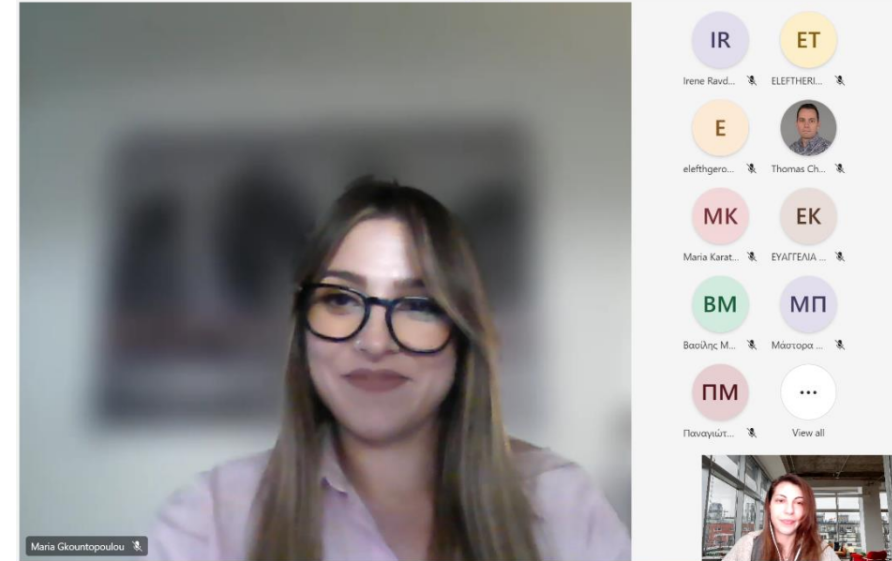
Participants highlighted the expertise of the mentors and the practical relevance of the training materials as key strengths. Some suggested allocating more time to certain activities, such as resource flow simulations and digital tools, indicating a high level of interest and engagement.
The Cyprus pilot training was a significant step in empowering young entrepreneurs with the skills needed to implement circular economy principles. The successful integration of theoretical knowledge and practical application provided participants with a comprehensive understanding of the circular economy. The constructive feedback gathered will be invaluable in refining future training sessions, ensuring they are even more effective and impactful.
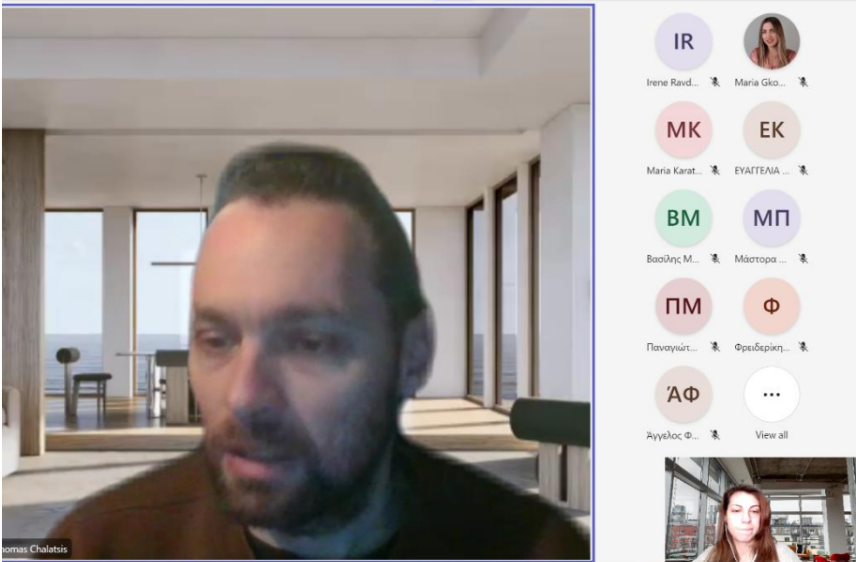
The “Enter the Circle” project continues to demonstrate the potential of young professionals to drive sustainable business practices and contribute to a more circular economy.
